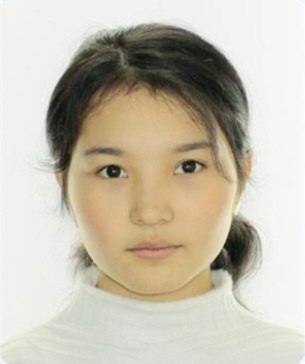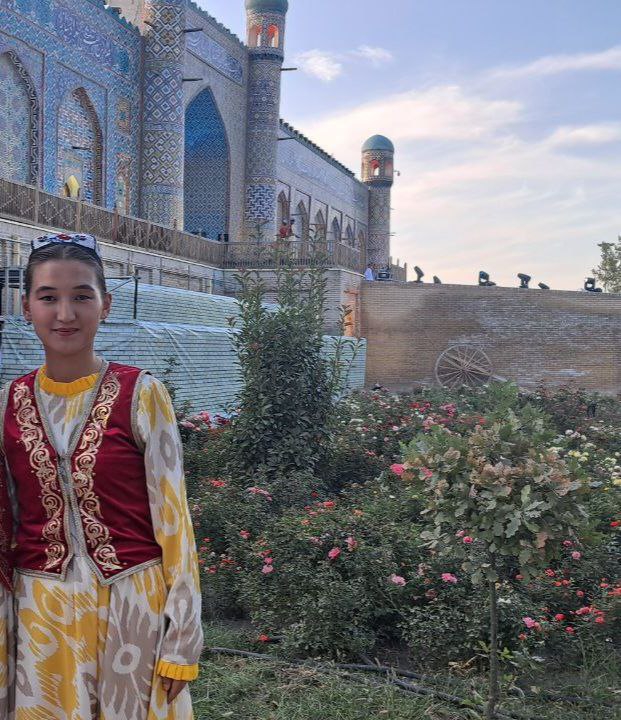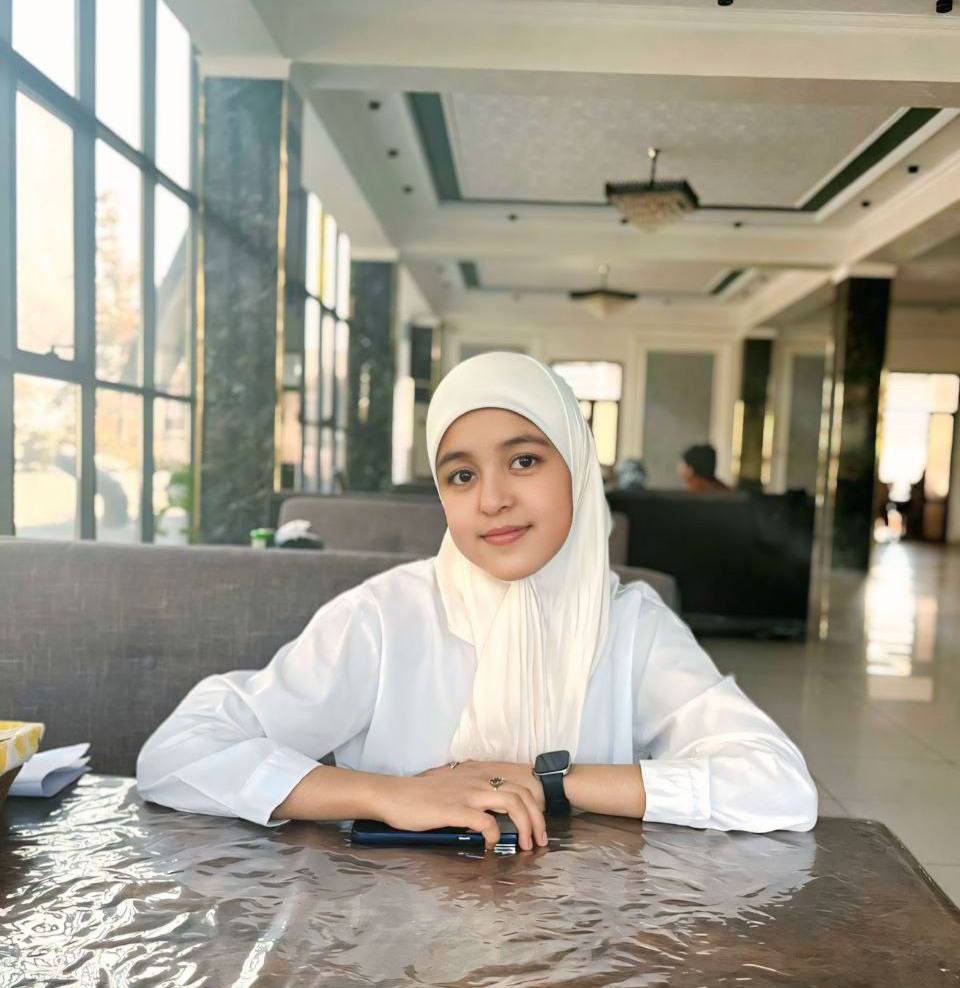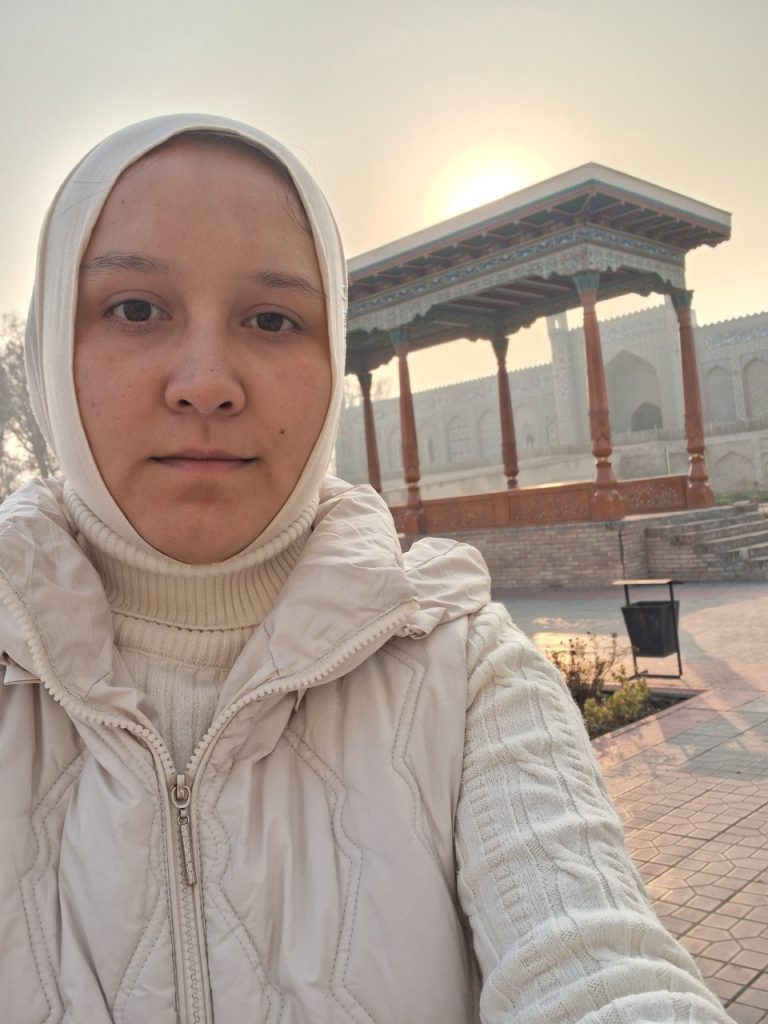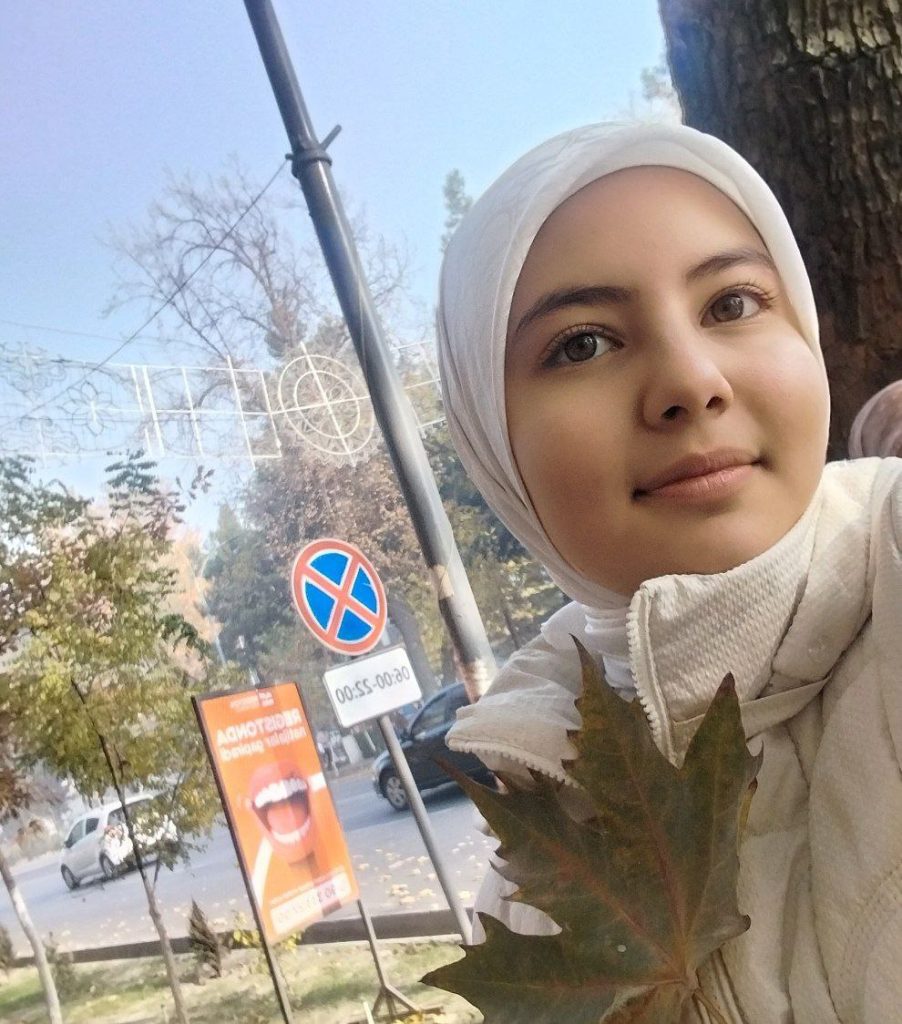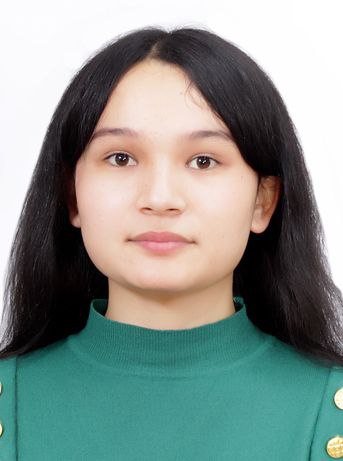
Abdullayeva E’zozaxon Qobuljon qizi
Date of Birth: 19.02.2007
Chekmirzaobod MFY, Bag‘dod District, Fergana Region, Uzbekistan
First-year student, Economics Program, Faculty of Natural Sciences and Economics
INVESTMENT IN EDUCATION AS A FACTOR OF ECONOMIC DEVELOPMENT
Abdullayeva E’zozaxon Qobuljon qizi
Student at Qo‘qon State University
Abstract: This article analyzes the role and significance of investment in education as a key factor of economic development. In a modern knowledge-based economy, education, skills, and innovation are the main drivers of sustainable growth. Investments in education contribute to the development of human capital, increase labor productivity, and provide a solid foundation for economic growth. The article highlights the relationship between education and economic development, the socio-economic benefits of investing in education, and the roles of both government and private sectors in this process. It also examines the challenges in educational investment and potential solutions. The study concludes that investment in education is a long-term and essential factor for sustainable economic development.
Keywords: education, investment, human capital, economic development, labor productivity
Introduction: Education plays a crucial role in the economic development of any country. In the modern globalized world, economic growth is increasingly determined not by natural resources but by human capital, knowledge, and innovation. Investment in education is considered one of the most effective ways to enhance human potential and ensure sustainable economic progress. Countries that prioritize education tend to experience higher productivity, technological advancement, and improved living standards. Education not only provides individuals with skills and knowledge but also contributes to social stability and economic resilience. Therefore, analyzing the impact of educational investment on economic development is essential for policymakers, researchers, and educators. Investment in education has become one of the most significant determinants of long-term economic growth in the modern knowledge-based economy. Numerous international studies indicate that countries allocating a higher share of their GDP to education tend to demonstrate faster productivity growth, higher innovation capacity, and stronger labor market performance. For example, World Bank reports show that a one-year increase in average schooling can raise national GDP growth by approximately 0.3–0.5 percent annually. Despite the recognized importance of educational investment, many developing countries still face challenges related to insufficient funding, unequal access to quality education, and weak integration between education systems and labor market demands. Therefore, analyzing the economic impact of educational investment and identifying effective policy approaches remains a crucial research issue. The scientific novelty of this study lies in the comprehensive analysis of the economic and social outcomes of educational investment and the evaluation of the roles of both government and private sector participation in strengthening human capital formation and sustainable economic development.
Education and Human Capital Development: Human capital refers to the skills, knowledge, and abilities that individuals acquire through education and training. Investment in education directly strengthens human capital by improving the quality of the workforce. A well-educated population is more adaptable to technological changes and better prepared to meet labor market demands. Higher levels of education are associated with increased employment opportunities and higher income levels. Educated workers tend to be more productive, innovative, and efficient, which positively affects national economic performance. As a result, education becomes a strategic investment rather than a social expense.
Economic Benefits of Investment in Education: Investment in education generates both direct and indirect economic benefits. Direct benefits include increased labor productivity, higher wages, and reduced unemployment rates. Indirect benefits involve improved health outcomes, reduced poverty, and enhanced social cohesion.
Moreover, education fosters entrepreneurship and innovation. Individuals with access to quality education are more likely to create new businesses, adopt advanced technologies, and contribute to economic diversification. This process strengthens economic stability and competitiveness at both national and global levels.
Role of Government and Private Sector: The development of education requires active participation from both the government and the private sector. Governments are responsible for creating favorable policies, allocating sufficient funding, and ensuring equal access to education. Public investment in education lays the foundation for economic growth and social development. At the same time, private sector involvement enhances efficiency and innovation in education. Partnerships between educational institutions and businesses help align educational programs with labor market needs, increasing graduates’ employability and economic contribution.
Challenges in Investing in Education: Despite its importance, investment in education faces several challenges. Limited financial resources, unequal access to quality education, and outdated educational systems hinder effective outcomes. In developing countries, rural and low-income populations often lack adequate educational opportunities. Additionally, rapid technological changes require continuous updates to educational curricula. Addressing these challenges requires strategic planning, policy reforms, and international cooperation to ensure that educational investments yield maximum economic benefit.
Conclusion: In summary, investment in education is not only a social priority but also a strategic economic policy instrument that determines the long-term competitiveness of a country. Strengthening financial support for education, improving the quality of educational programs, and expanding cooperation between educational institutions and the private sector can significantly enhance human capital development. The findings of this study confirm that consistent and well-targeted educational investment leads to higher labor productivity, innovation growth, and sustainable economic expansion. Therefore, policymakers should prioritize long-term educational funding strategies and institutional reforms to maximize the economic returns of educational investment.
References:
Becker, G. S. (1993). Human Capital: A Theoretical and Empirical Analysis. University of Chicago Press.
World Bank. (2020). The Role of Education in Economic Development.
OECD. (2019). Education at a Glance.
Schultz, T. W. (1961). Investment in Human Capital. American Economic Review.
Hanushek, E. A., & Woessmann, L. (2015). The Knowledge Capital of Nations: Education and the Economics of Growth. MIT Press.
Barro, R. J. (2013). Education and Economic Growth. Annals of Economics and Finance.

